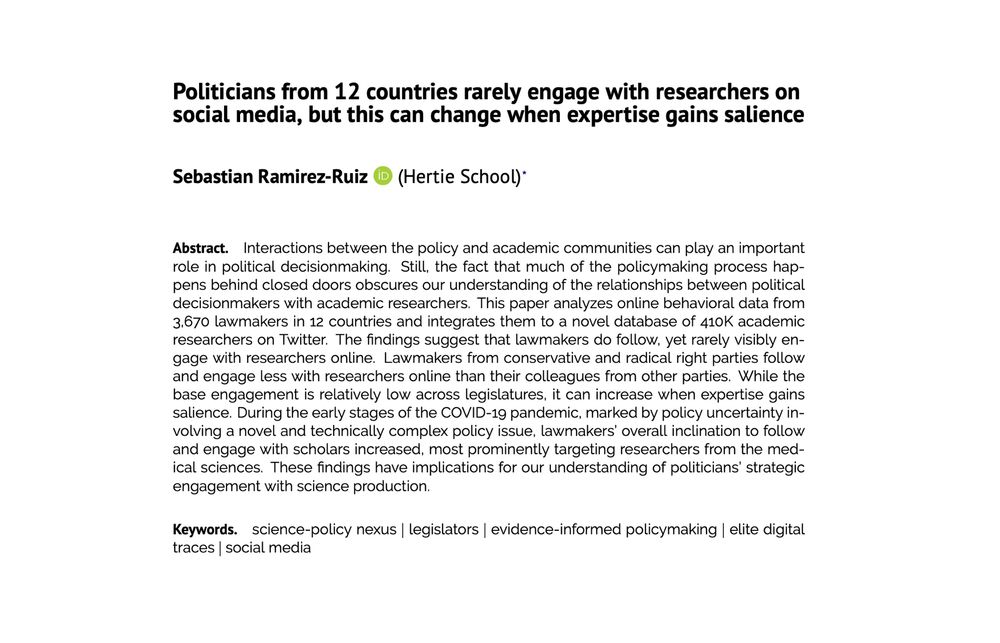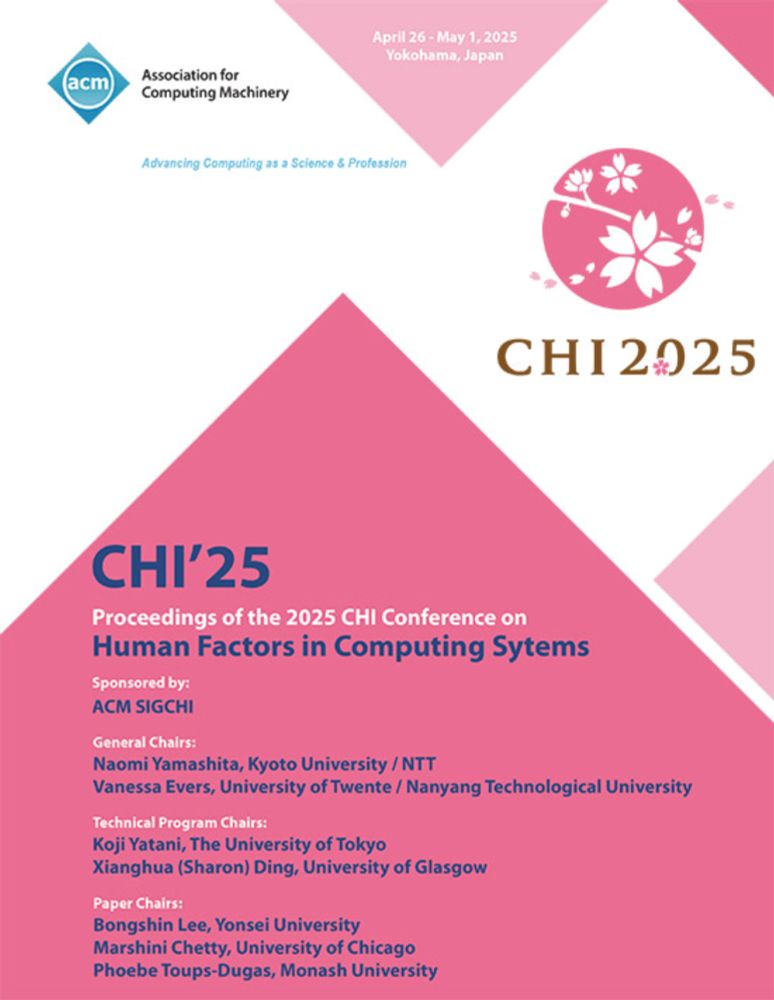by Simon Munzert — Reposted by: Joanna Bryson
Reposted by: Simon Munzert, Robert Huber


Reposted by: Simon Munzert, Joanna Bryson

Reposted by: Simon Munzert, Robert Huber

Reposted by: Simon Munzert, David M. Farrell, Christian Rauh
And thanks for asking - yes, the pic shows today's view from the position's office.

www.theguardian.com/world/2025/a...

Reposted by: Simon Munzert, Lukas F. Stoetzer


by Simon Munzert — Reposted by: Roman Senninger
Reposted by: Simon Munzert, Christian Rauh, Roman Senninger
In my latest paper, I find that politicians from 12 countries rarely engage with researchers on social media, but this can change when expertise gains salience
Preprint: osf.io/preprints/osf/wqbe4_v1
🧵👇

So now there’s nothing stopping me from sharing Expert Voices Together, a crisis response system for US-based researchers and journalists facing harassment.
It's a true passion project. 🧵 1/
expertvoicestogether.org





Reposted by: Simon Munzert
by Thorsten Faas — Reposted by: Simon Munzert

